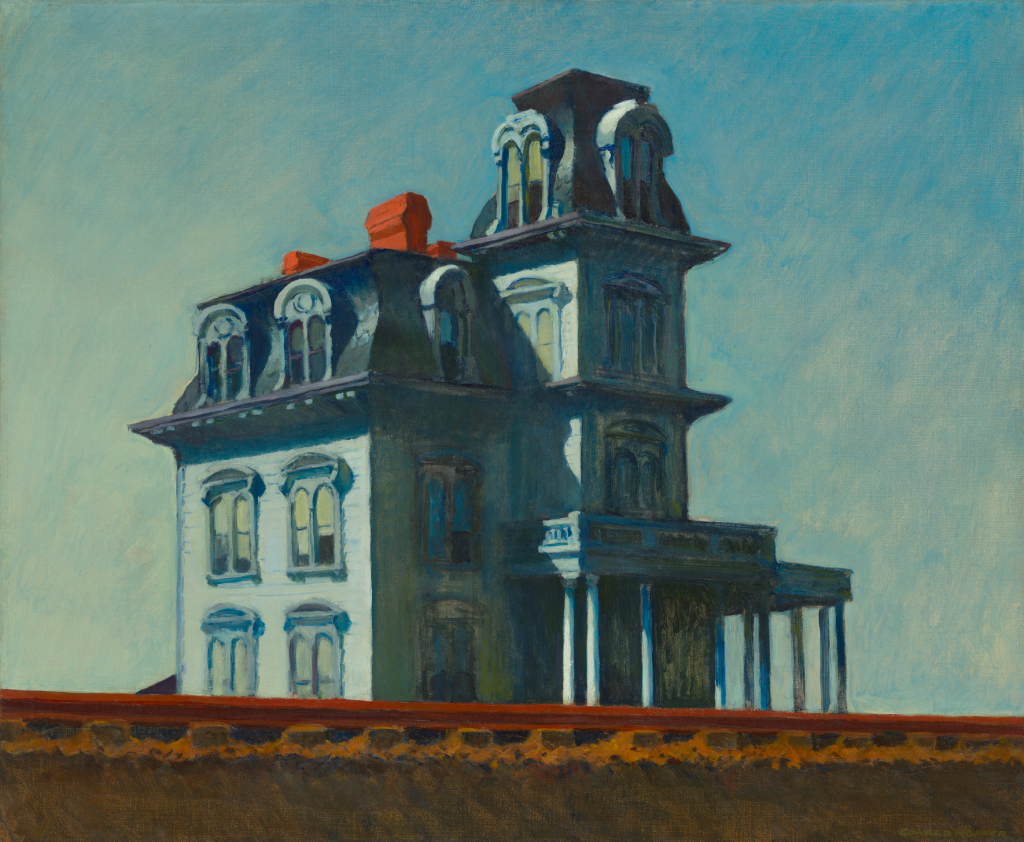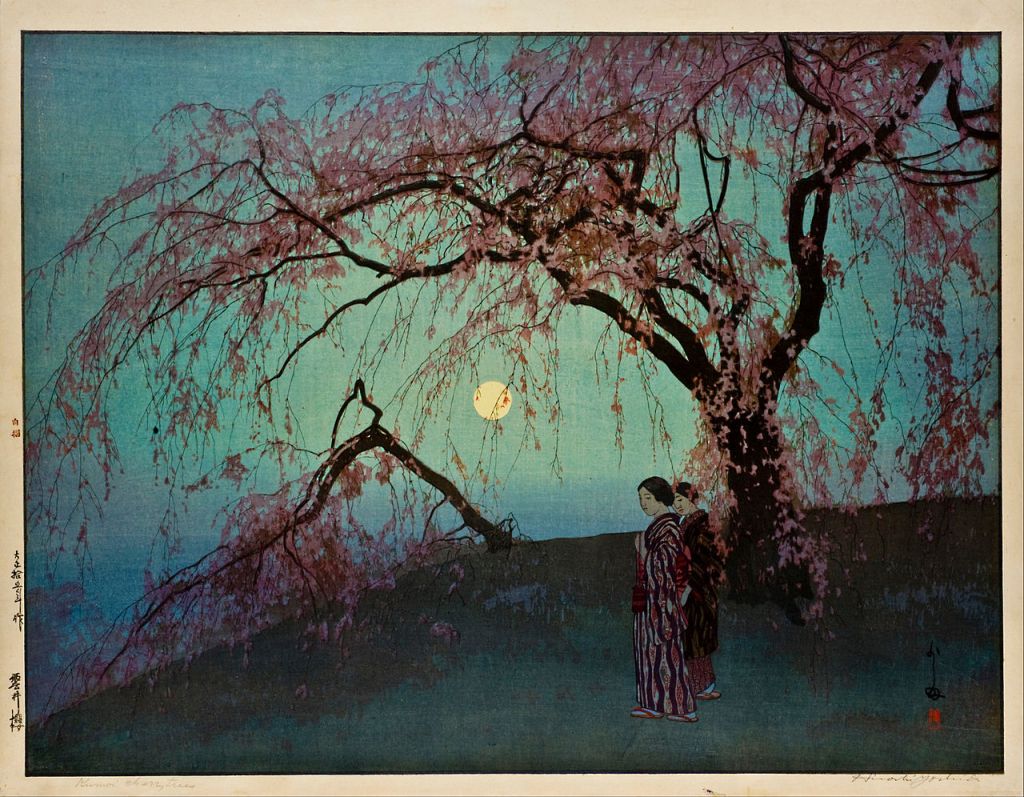It’s Public Domain Day! Every year on January 1st, Free Content advocates all over the world celebrate the works of art that have entered into the Public Domain. Why today? Because copyright law only protects creative works (such as books, paintings, or songs) for a certain number of years – and this protection then ends on New Year’s Day.
The duration of copyright terms varies greatly between different jurisdictions: in Europe and in many other countries, the term of protection is clearly set to seventy years after the death of the author. In other countries such as China, copyright only extends to 50 or 60 years after the life of the creator has ended. Finally, the United States follow an entirely different approach: Protection ends 96 years after a work has been published (and conditions apply).
But enough with the legal background, on to the celebrations! For the Wikimedia movement, Public Domain Day is a major holiday because we can use the occasion to remember creators and their works and to find new ways to make them available in the Wikimedia projects and beyond.
Public Domain Day 2021 in the United States: celebrating jewels from the Jazz Age
In the United States, all works that were published in 1925 are released into the public domain today. It is probably no understatement to say that this year’s list is overshadowed by F. Scott Fitzgerald’s novel The Great Gatsby. Until this year, any new edition (or film adaption) of the 1925 book required the authorisation of Fitzgerald’s heirs.
The late author’s great-granddaughter, Blake Hazard, a trustee of F. Scott Fitzgerald’s estate that held his copyright until today, was quoted by the Portland Press Herald saying, “We’re now looking to a new period [for ‘The Great Gatsby’] and are trying to view it with enthusiasm, knowing some exciting things may come.” The story also quotes Fitzgerald scholar James L. W. West III, a professor emeritus at Pennsylvania State University saying, “[U]nder our laws all literary works eventually belong to the people. That’s probably as it should be.”

Some music published in 1925 that might accompany your public domain re-interpretation of Fitzgerald’s classic are George Gershwin’s Piano Concerto in F, or the song Dinah by Harry Akst, Sam M. Lewis, and Joe Young, made famous by Ethel Waters and which has become a jazz standard that is now free for anyone to perform and adapt.
Public Domain Day 2021 in other countries: remembering artists from the first half of the 20th century
In the countries of the European Union and in many other countries, Public Domain Day 2021 celebrates the works of artists that died in 1950. This includes authors like George Bernard Shaw (known for his play Pygmalion which was later adapted as a successful musical titled My Fair Lady) or George Orwell (including his novels 1984 and Animal Farm), composers like Francesco Cilea (known for this 1902 opera Adriana Lecouvreur) and Charles Koechlin, or painters like Max Beckmann and Hiroshi Yoshida.

In many Asian and African countries, copyright protection already lapses 50 or 60 years after the death of the creator. For example, the compositions of Gonzalo Roig are now in the public domain in his native Cuba. His song Quiéreme Mucho became a Latin standard under various names in different languages.
Join the virtual 2021 celebrations
You can join the 2021 Public Domain Day celebrations by sharing or re-discovering a work that has become part of the public domain today, or through one of the following virtual events:
- 17 December 2020 (recording available): Public Domain Day: Looking Ahead To 2021 – hosted by the Internet Archive, the Center for the Study of the Public Domain, Creative Commons, and SPARC (in English, with live music)
- 6 January 2021: WikiWednesday & Public Domain Day – hosted by Wikimedia Danmark (in Danish)
- 2 February 2021: Public Domain Day 2021 – hosted by meemoo (Flemish Institute for Archives) with the Royal Library of Belgium and Wikimedia Belgium (in English).

Can you help us translate this article?
In order for this article to reach as many people as possible we would like your help. Can you translate this article to get the message out?
Start translation